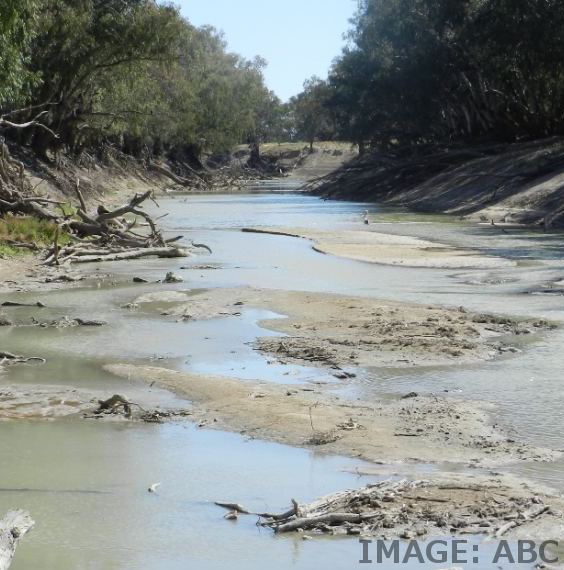Hysteria dampened as Menindee drops
 Dry times in NSW mean tough decisions on the way for Broken Hill, and one MP is urging “factual discussion” over “hysterical commentary”.
Dry times in NSW mean tough decisions on the way for Broken Hill, and one MP is urging “factual discussion” over “hysterical commentary”.
The Member for Farrer, Sussan Ley has made post on the Menindee Lakes Action Facebook page, addressing some resounding community concerns.
“As occurred during the last decade, our region may be on the edge of extended drought conditions and, without significant rainfall during the next twelve months, some extremely difficult decisions will need to be made,” the statement reads.
“Without decisive action, there are two possible choices Broken Hill faces.
“The first option is to truck water in to the city, the second is to truck people out of the city.
“Neither option is acceptable.”
Many locals are opposed to the use of bore water as a temporary stop-gap, saying that extracting large amounts from aquifers could have severe consequences.
Opponents claim that the only reason bores are being considered is because of poor water management in the last few years.
“I want to be extremely clear: [the bores] are and will only ever be emergency supplies,” Minister Ley said.
“Providing groundwater access is an emergency management tool and the responsible option - these actions will not result in reduced access to water in the Menindee Lakes.”
Meanwhile, fisheries staff are trying to salvage native fish threatened by the Menindee Lakes’ low water levels.
Total storage has dropped to 16 per cent, calling the New South Wales Department of Primary Industries to action.
“We've come out to see what sort of fish are in the water and see if there were any native fish to relocate,” DPI technical specialist Ian Wooden told the ABC.
The fish are stunned by an electric pulse, at which time experts check for native species such as Murray cod, perch or yellowbelly.
“Looking at the water it's really salty which you typically get when the water recedes, and we haven't seen any native fish,” Mr Wooden said.
“We've removed quite a number of carp, I think 7,000 kilograms of carp so far.”
It is believed that local native species may have moved away from the lakes as water dropped and salinity rose.








 Print
Print